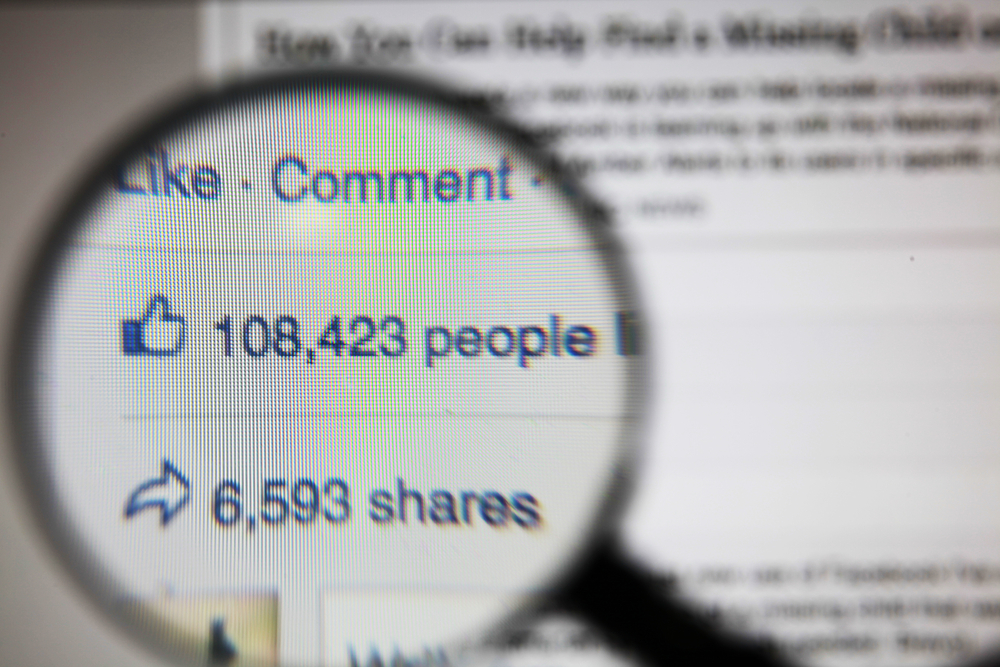The advent of social media has led to a vast increase in the amount of social information that we see about others’ political behaviour and this has important implications for democracy, argues Professor Helen Margetts in Nature Human Behaviour.
Professor Margetts, Director of the Oxford Internet Institute, says getting access to more data from Facebook, or the platforms it owns such as Instagram or WhatsApp, or other social media platforms is crucial to understand more about the underlying trends and patterns in future political behaviour. Yet Facebook has been reluctant to work with academic researchers or to publish research.
Professor Margetts highlights why such data is 'crucial': Social media are not just for elections, she says. Social information presented on social media platforms plays a vital role as a driver of behaviour in the build-up of contemporary political mobilisations, or shifts in public support. But, she argues, we don’t know enough about the nature of that effect. Instead, we lurch between moral panic about the pathological effect of social media on politics, and saying that it makes no difference at all and is not important.
During the US 2016 presidential election period, around 128 million people across the United States generated 8.8 billion likes, posts, comments and shares related to the election on Facebook alone, says Professor Margetts. Since Donald Trump became president, US Twitter users can even witness the development of policy as it is formed or contested. Social media platforms exert social influence on all aspects of political behaviour, providing users with visible signals about what other people are doing or thinking. We know from decades of social science research that this social information influences whether or not an individual then contributes to a political or social cause, for example. But, Professor Margetts argues, 'instead of working out systematically how these effects play out on social media, we tend to blame them for echo chambers, hate speech, fake news and "post-truth"'.
Ironically, at a time when there is the possibility of more data being available to political science research than at any time in the field’s history, researchers cannot access it to tackle the questions of our time, such as the rise of political polarisation and extremism
Professor Helen Margetts, Director of Oxford Internet Institute
Professor Margetts suggests that experimental evidence could be used to understand how the design of social media platforms actually impacts upon political behaviour, to design out some social information effects and make the algorithms used to determine news feeds 'more transparent'. But most platforms do not release data and the algorithms that determine news feeds are closely guarded secrets. Prospects are even bleaker for platforms used by young people, such as Instagram and Snapchat, where most data is deleted as soon as it is read. Speculation over the existence of echo chambers, or how fake news is created, vastly outpaces any experimental studies of their existence, says Professor Margetts.
The comment piece outlines how an experiment to investigate the effect of increasing the proportion of sad items in news feeds resulted in a media storm over Facebook’s experimental 'manipulation of emotions'. She describes this as a 'strange accusation', given the continual A/B testing for usage and revenue. The furore has made Facebook (which also owns Instagram and Whatsapp) reluctant to work with academic researchers or publish results.
She writes: 'Ironically, at a time when there is the possibility of more data being available to political science research than at any time in the field’s history, researchers cannot access it to tackle the questions of our time, such as the rise of political polarisation and extremism.'
